What is Full Decriminalization?
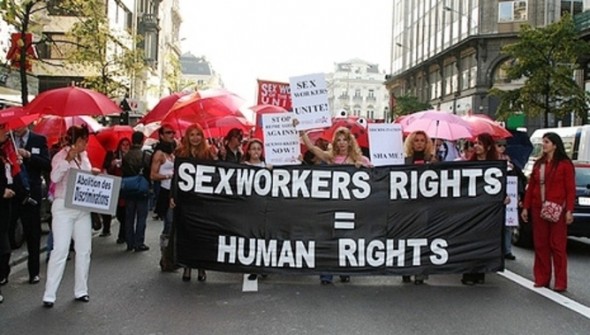
Sex Work Is…
Workers' Rights
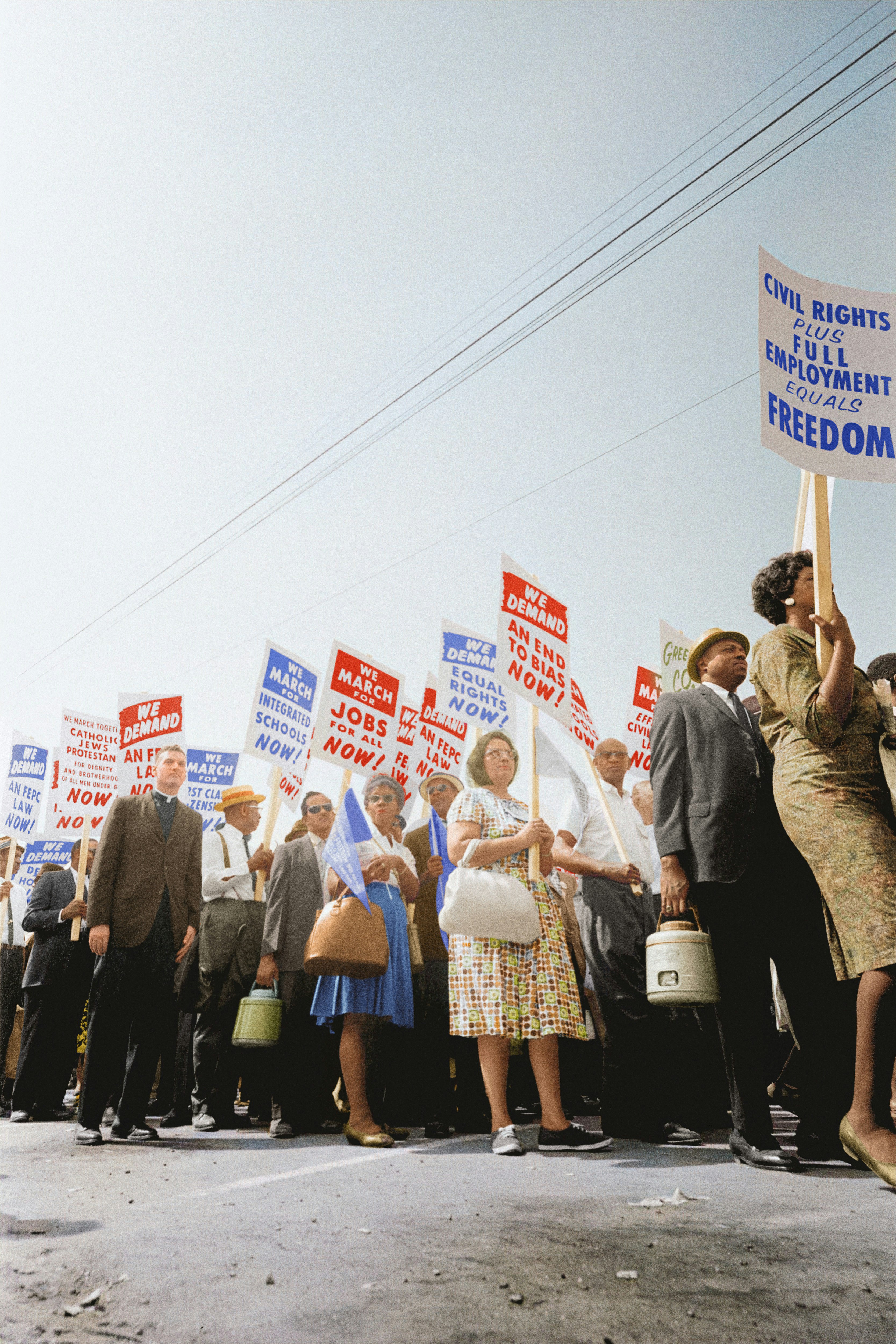
Racial Justice

Gender Justice
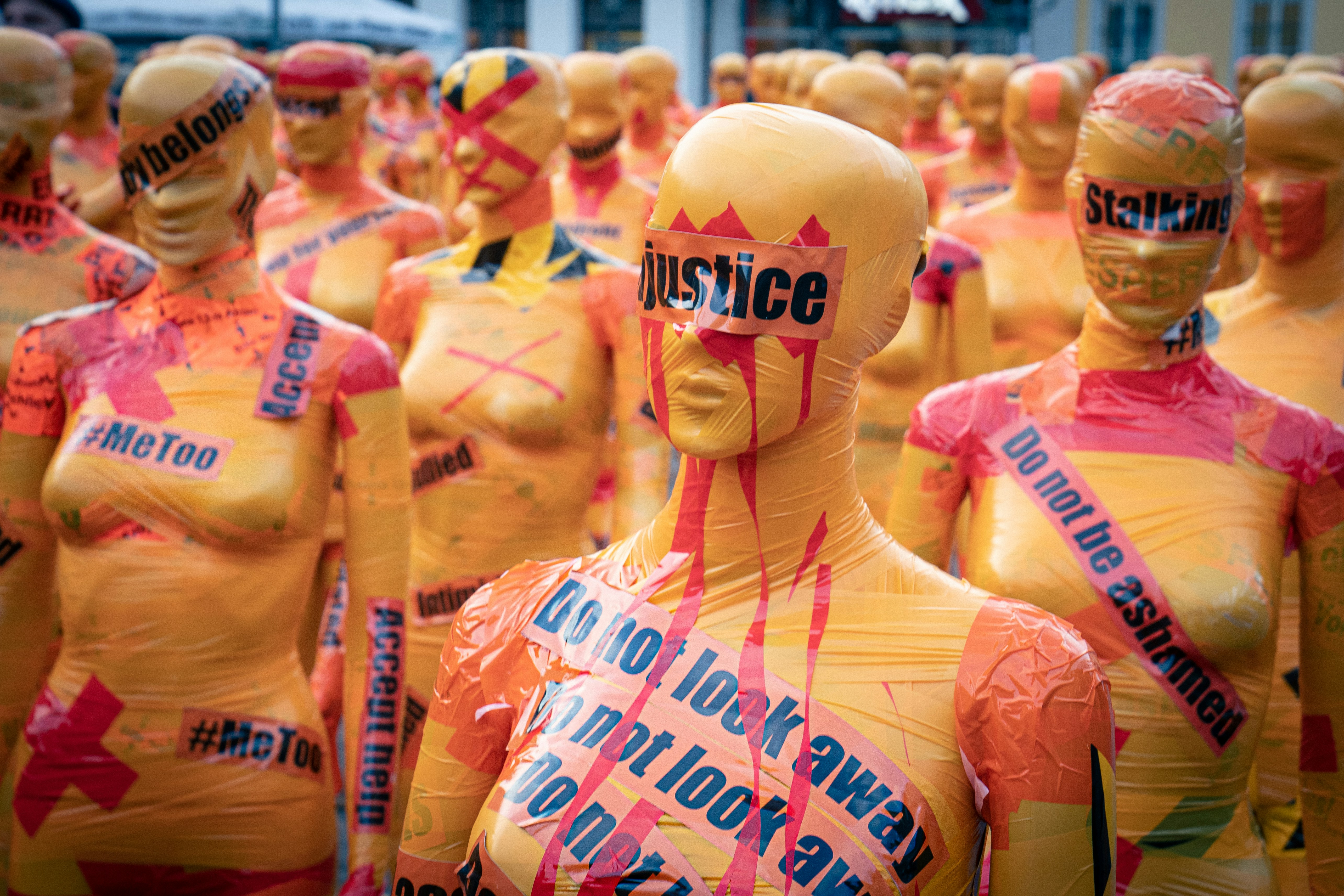
LGBTQ Rights
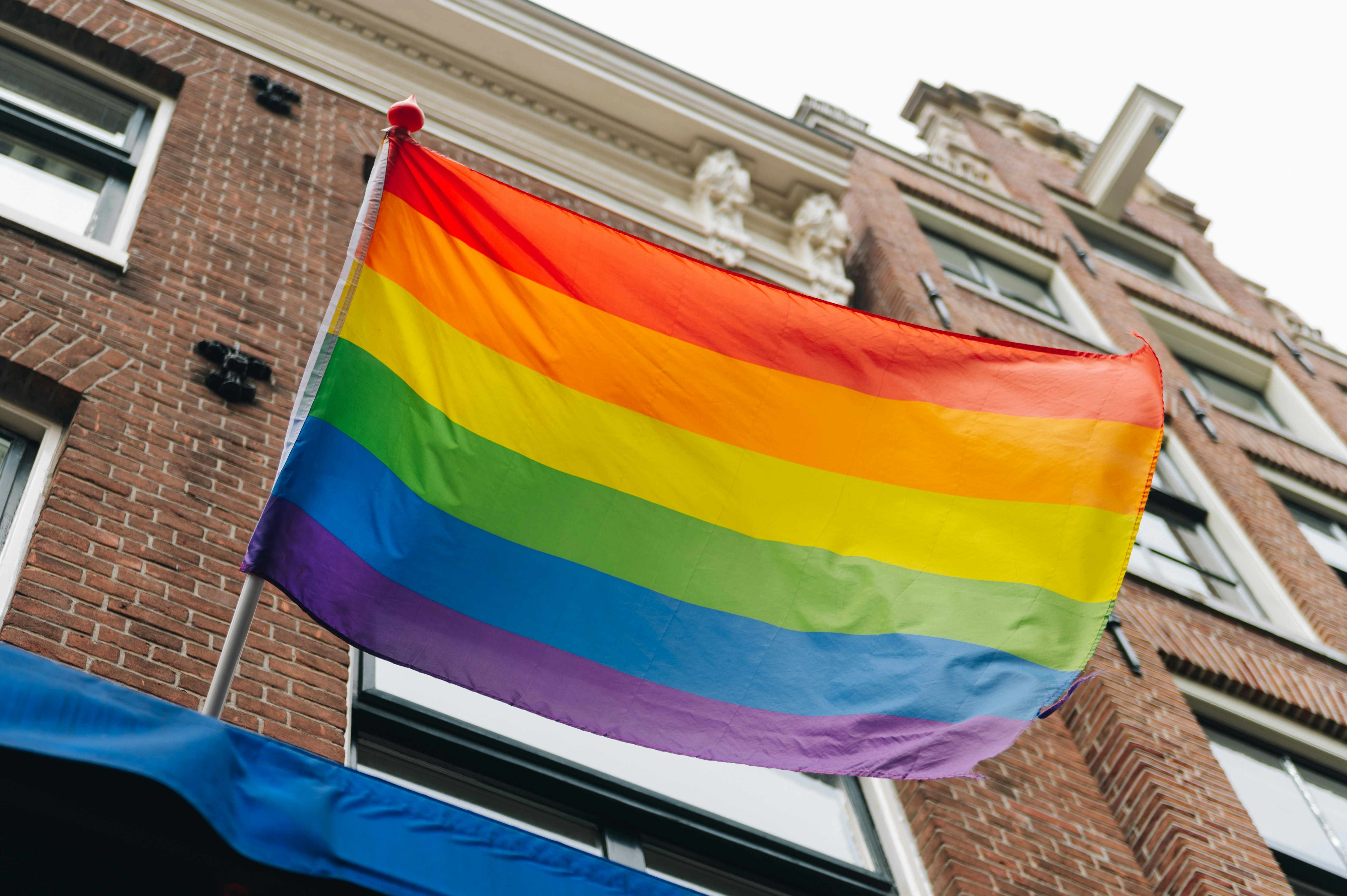
Health Justice

Economic Justice
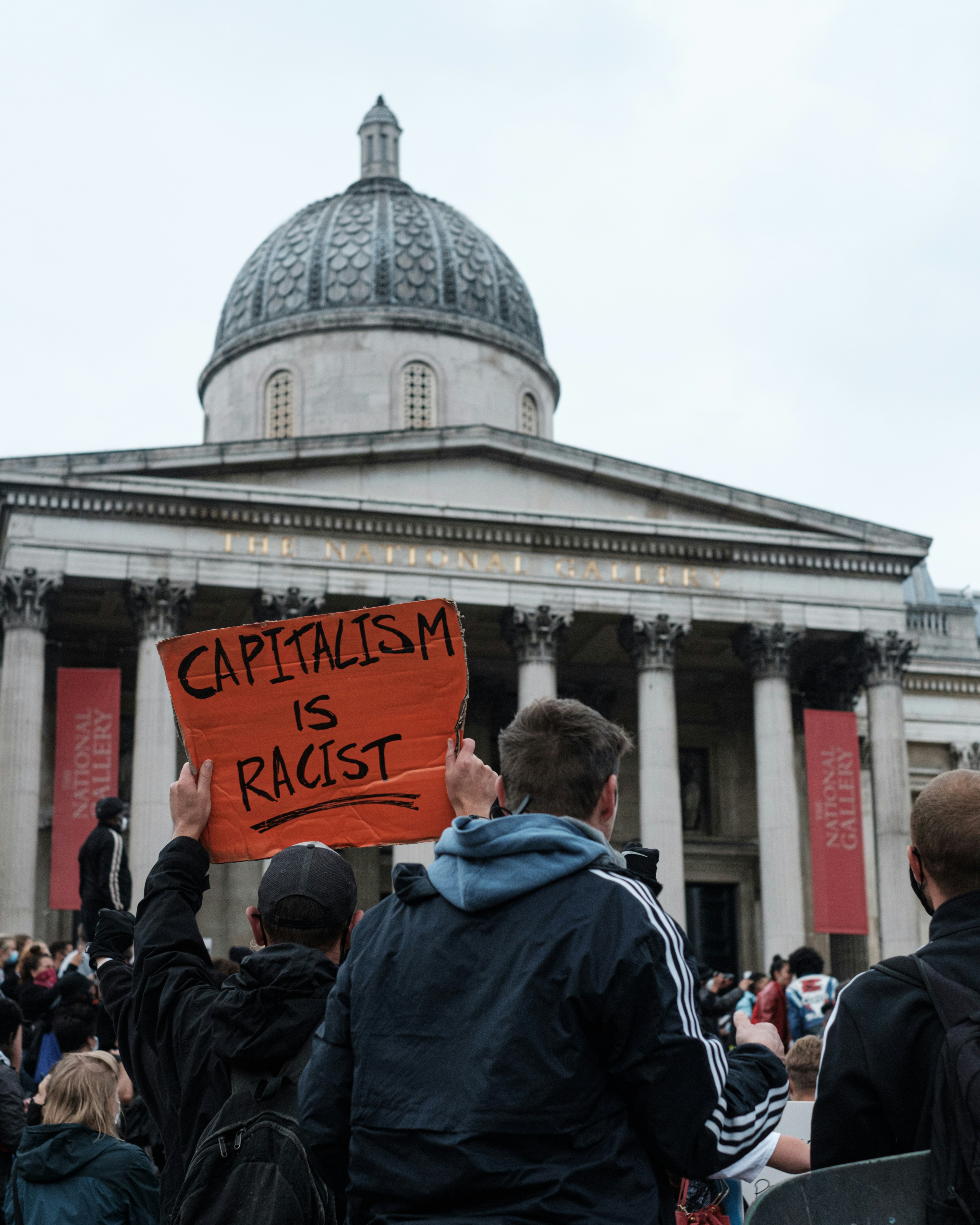
Disability Rights

Immigrant Justice

What is Decriminalization?
Decriminalization of sex work represents a pivotal legal approach that centers the voices and safety of sex workers themselves. By removing punitive laws that criminalize their profession, decriminalization acknowledges sex work as legitimate labor and grants workers the rights and protections they deserve. This approach empowers sex workers to advocate for their own safety, access healthcare without fear of legal repercussions, and seek justice when they face exploitation or violence. Moreover, decriminalization fosters a supportive environment where sex workers can organize, access resources, and establish standards that prioritize their well-being. Ultimately, by listening to and prioritizing the perspectives of sex workers, decriminalization not only promotes human rights but also creates safer working conditions and reduces societal stigma.
Full Decriminalization Of Sex Work Is The Only Model Shown To Increase Worker Safety While Reducing Barriers To Resources
| Types of Legal Approaches | |||
|---|---|---|---|
| Decriminalization | Legalization | Nordic/Equality/End Demand | |
|
Removes criminal penalties for sex work and sex work related
activities
|
Creates a regulatory framework that leaves some workers
criminalized. Low-income workers might not be able to afford
regulatory fees and licenses. Legal enforcement of regulations
leads to higher chance of criminalization of sex workers or sex
work related activities
|
Removes criminal penalties for sex workers but not for clients
or peer organizing leading to clients preferring rushed,
isolated, and anonymous interactions which could create
dangerous situations for workers
|
|
|
Reduces fear of arrest by allowing workers to more freely pursue
resources, safety measures and services
|
Resources provided to law enforcement to enforce regulations.
Criminalized workers still experience barriers to resources
|
Workers’ financial resources are impacted, leading them to
having less choice in clients and having to take bigger risks to
survive
|
|
|
Enables workers to more effectively screen clients, engage in
more direct communication and organize with other workers to
create safety and information networks. Lowers risk of STI and
HIV transmission.
|
Criminalized workers still experience risks to safety;
non-criminalized workers can lose autonomy around safety
practices
|
Rates of violence against workers go up due to criminalization
of safe client-screening options. Clients are less likely to
participate in screening and condom usage leading to potentially
higher rates of STI and HIV transmission
|
|
|
Limits interactions between sex workers and police and decreases
stigma and legal concerns so that sex workers can safely access
sexual health services
|
Creates a division between “legal” vs “illegal” sex workers and
encourage policing and criminalization and stigma of sex work
related activities
|
Requires sex workers to continue to avoid police due to
criminalization of sex work related activities, supplies and
location and continue to face harassment while seeking sexual
health services
|
|
Full Decriminalization Is The Only Model Recommended By The World Health Organization And Sex Workers Around The Globe
Fact Sheets
Our fact sheets on sex work decriminalization are now available for download, empowering individuals to access accurate information and advocate for policy change. Share widely to educate communities and promote informed discussions on the importance of decriminalizing sex work for the well-being and rights of all individuals involved. They can be accessed HERE